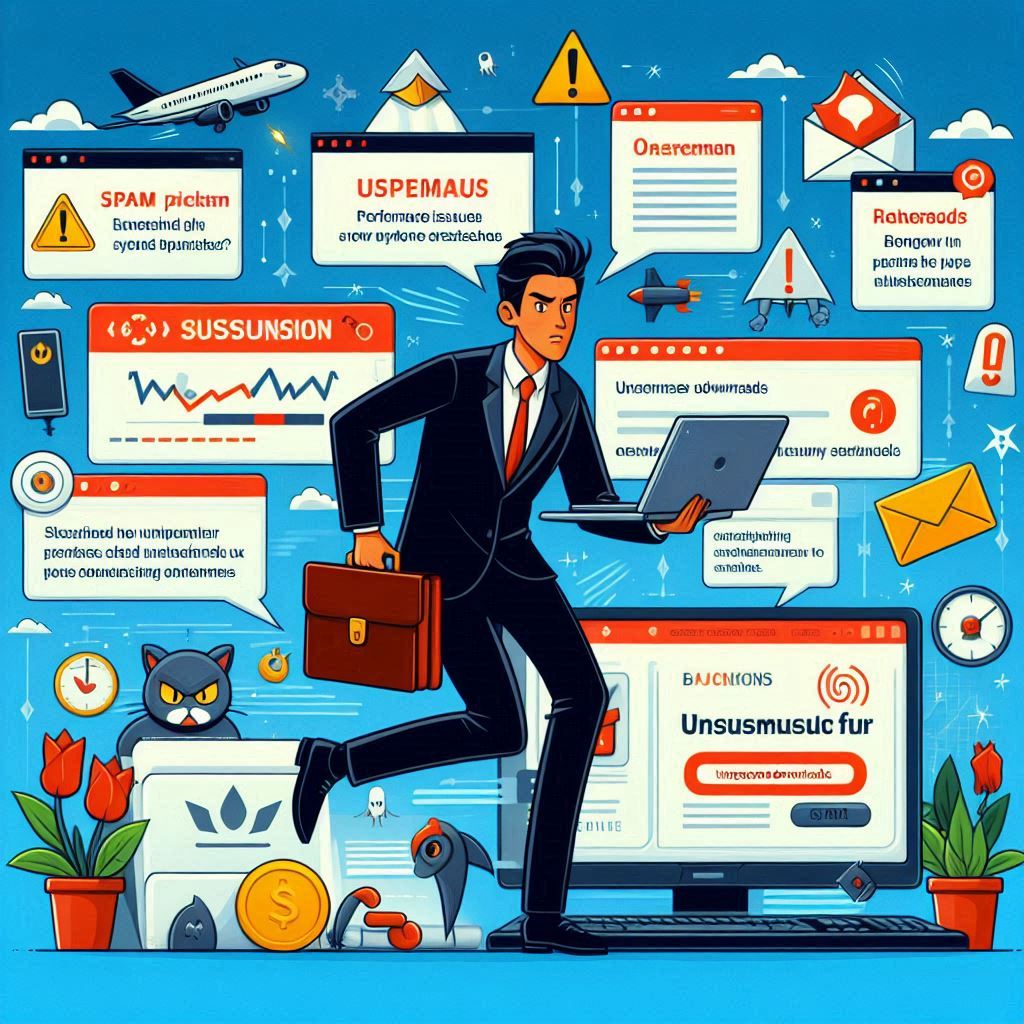
The Role of Antivirus Software in Preventing Identity Theft
Introduction
Identity theft is a growing concern in our digital world, where personal information can be stolen and misused, leading to severe consequences. Protecting your personal data is essential, and antivirus software plays a crucial role in this defense.
Understanding Identity Theft
Definition and Common Methods of Identity Theft
Identity theft occurs when someone illegally obtains and uses your personal information, such as your name, Social Security number, or credit card details. Common methods include phishing scams, malware, data breaches, and social engineering.
Statistics and Real-World Examples of Identity Theft Incidents
Identity theft affects millions of people each year, resulting in significant financial losses and emotional distress. High-profile cases, such as the Equifax data breach, highlight the widespread impact of this crime.
The Impact of Identity Theft on Individuals
Victims of identity theft may face financial loss, damaged credit scores, and prolonged stress as they work to restore their identities and secure their information.
How Cybercriminals Steal Identities
Phishing Scams
Cybercriminals use phishing emails to trick individuals into providing personal information by posing as legitimate entities.
Malware and Spyware
Malicious software can be installed on your computer without your knowledge, monitoring your activities and stealing sensitive data.
Data Breaches
Large-scale data breaches at companies and organizations can expose personal information to criminals.
Social Engineering Tactics
Cybercriminals manipulate individuals into divulging personal information through deception and psychological manipulation.
The Role of Antivirus Software in Preventing Identity Theft
Real-Time Threat Detection and Removal
Antivirus software continuously monitors your system for malicious activity, providing real-time protection and removing threats before they cause harm.
Phishing Protection and Email Filtering
Advanced antivirus programs can identify and block phishing emails, preventing you from falling victim to fraudulent schemes.
Secure Browsing and Website Verification
Antivirus software often includes safe browsing tools that warn you about unsafe websites, ensuring you only access secure sites.
Firewall Integration for Enhanced Security
A strong firewall included in antivirus software adds an extra layer of defense, monitoring and controlling incoming and outgoing network traffic.
Regular Updates to Combat New Threats
Antivirus programs regularly update their databases to protect against the latest threats, ensuring your protection is always current.
Additional Features of Antivirus Software for Identity Protection
Identity Theft Monitoring Services
Some antivirus software offers identity theft monitoring, alerting you to suspicious activity involving your personal information.
Secure Password Managers
Password managers help you create and store strong, unique passwords for all your accounts, enhancing your overall security.
VPN for Secure Internet Connections
A VPN (Virtual Private Network) included with some antivirus software ensures your internet connection is secure and private.
Encryption Tools for Sensitive Data
Encryption tools protect your sensitive data by converting it into a secure format that can only be accessed with the correct key.
Choosing the Right Antivirus Software for Identity Protection
Key Features to Look For
When selecting antivirus software, consider features like real-time protection, phishing protection, and identity theft monitoring.
Comparing Free and Paid Options
Free antivirus software can offer basic protection, but paid versions usually provide more comprehensive features and better support.
User Reviews and Expert Recommendations
Check user reviews and expert opinions to find reliable antivirus software with high ratings and positive feedback.
Compatibility with Various Devices
Ensure the antivirus software is compatible with your devices, whether you use a PC, Mac, or mobile device.
Best Practices for Protecting Your Identity
Regularly Updating Antivirus Software
Keep your antivirus software updated to protect against the latest threats.
Using Strong, Unique Passwords
Create strong, unique passwords for each of your accounts to prevent unauthorized access.
Enabling Two-Factor Authentication
Two-factor authentication adds an extra layer of security to your accounts, making it harder for cybercriminals to gain access.
Being Cautious of Suspicious Emails and Links
Be wary of suspicious emails and links, as they may be attempts to steal your personal information.
Regularly Monitoring Your Financial Statements
Monitor your financial statements regularly to detect any unauthorized transactions early.
Conclusion In today’s digital world, protecting your identity is essential. Antivirus software plays a crucial role in preventing identity theft by safeguarding your personal information from various cyber threats. Stay proactive, keep your software updated, and follow best practices to ensure your


Wow, awesome blog layout! How long have you been blogging for?
you make blogging look easy. The overall look of your site is wonderful, let alone the content!
This article has thrown new light on the topic, well done.
Your blog consistently holds my attention throughout. I can’t help but read every single word you write.